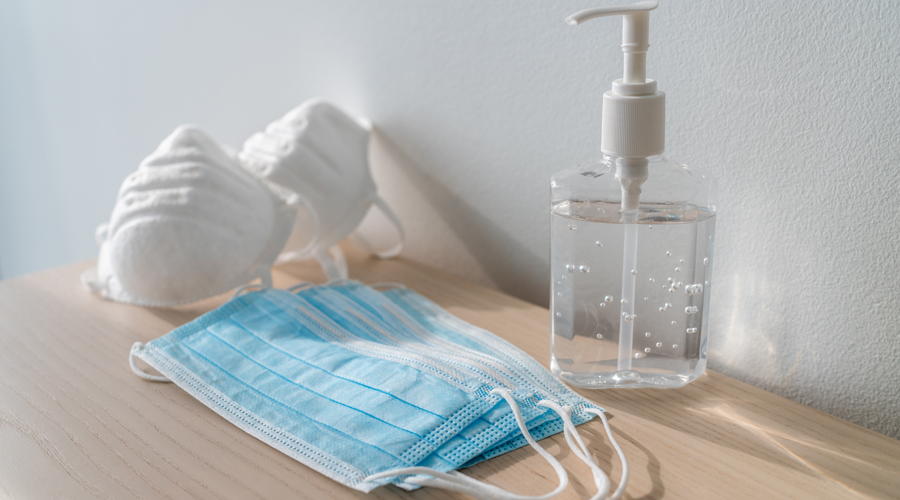The UK government on Friday launched a new campaign across digital channels, radio stations and newspapers to stress the importance of simple ventilation techniques to reduce the risks of catching COVID-19 this winter.
An explainer film has also been released by scientists from the Universities of Cambridge and Leeds, in collaboration with the government, demonstrating the positive impact of reducing COVID-19 levels indoors by opening a window for just 10 minutes every hour when socialising with others.
The film shows the difference in airflow and airborne particle movement when indoors in relation to COVID-19.
Small but important actions can help protect us against COVID-19. Getting vaccinations, wearing a face covering in enclosed spaces and taking regular COVID-19 tests all make an important difference but it is also crucial that we don't overlook the value of ventilation, said Dr Thomas Waite, Deputy Chief Medical Officer for England.
People with COVID-19 release virus particles into the air whenever they speak, breathe or cough and these can linger in unventilated settings. With winter fast approaching and people spending more time indoors, it's vital everyone understands the importance of using ventilation, such as regularly opening windows - even if just for a few minutes to keep the air moving and prevent infections, he said.
The new film demonstrates how, in a home setting, someone infected with the virus talking and interacting with another person produces a build-up of COVID-19 particles in the air.
These particles then linger in an unventilated room, like smoke, meaning the risk of catching COVID-19 is significantly increased. However, COVID-19 particles disperse quickly when good ventilation is introduced, even for a short period.
If someone is infected and they might be showing no symptoms COVID-19 particles are released into the air by coughing, talking or simply breathing. In an enclosed space, the infectious particles can build up over time. They remain suspended in the air, increasing the risk of other people in the room breathing in the infectious particles, especially if there is no ventilation or fresh air helping to refresh the air being breathed, said Professor Catherine Noakes, Professor of Environmental Engineering from Leeds University.
As we meet more people inside, it's so important to use ventilation, such as opening a window, even for just a short time, so fresh air can disperse and blow COVID-19 particles away and decrease the risk of others being infected, Noakes added.
The new campaign comes as new research reveals almost two-thirds (64 per cent) of the British public didn't know that ventilation was an effective way to reduce the spread of COVID-19 at home. And only around a third of people (29 per cent) are currently ventilating their home when they have visitors over. Only 3 per cent of those surveyed continued to ventilate their homes for a period after their guests left.
The Department of Health and Social Care (DHSC) said that as well as opening windows for a few minutes every hour to dilute virus particles, other simple actions to reduce the spread of COVID-19 include wearing a face covering over the mouth and nose in busy indoor spaces, such as public transport or shops.
In addition, the government advises everyone to continue taking free rapid lateral flow tests regularly, particularly before mixing in crowded indoor spaces or visiting vulnerable people.
Testing is the quickest and easiest way to find out if someone has the virus, even if they show no symptoms, the DHSC said.
Meanwhile, the UK's daily coronavirus cases have shown a slight drop in recent days but still remain high, with 37,269 cases and 214 COVID-19 deaths recorded on Thursday.
PTI











